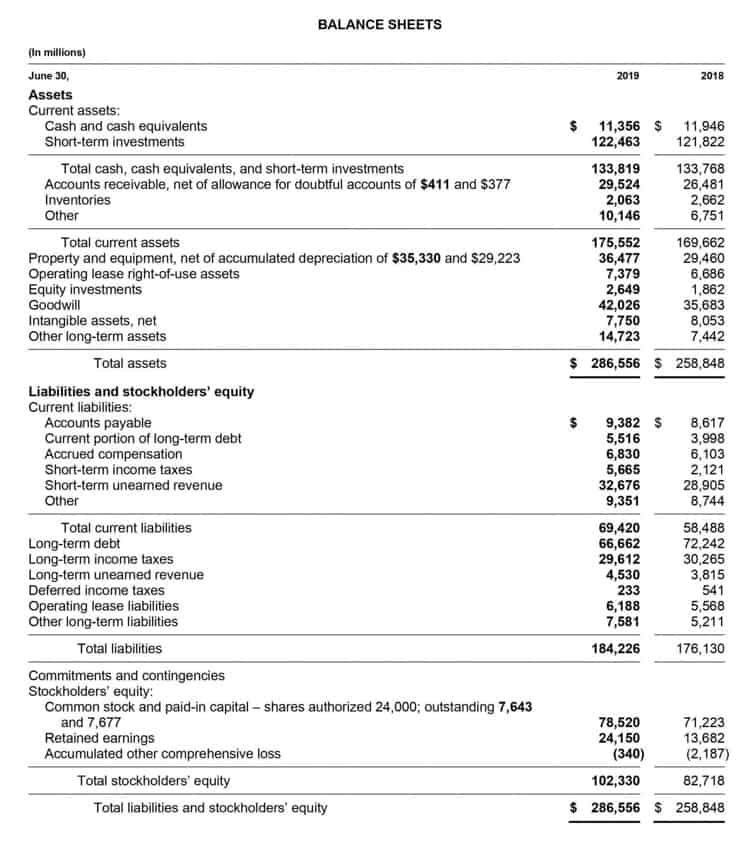
UK Government Investments Limited is a wholly owned subsidiary of HM Treasury. During the year, UK Government Investments Limited has had various significant transactions with HM Treasury, primarily in relation to the provision of secondees, recoveries for IT, finance and HR shared services. IFRS 16 requires the company to assess whether any new contract is, or contains a lease.
1 Additional selected savings and benefits accruing from specific teams and projects:
Current liabilities are obligations due for payment within one year from the balance sheet date, requiring the company to maintain sufficient liquidity to cover these obligations. Maintaining high liquidity is crucial for covering short-term liabilities, ensuring that a company has sufficient cash and assets that can be readily converted into cash. In contrast, long-term liabilities could be paid after one year and require low liquidity. When a company deposits cash with a bank, the bank records a liability on its balance sheet, representing the obligation to repay the depositor, usually on demand.
Understanding a Limited Liability Partnership (LLP)
Our writing and editorial staff are a team of experts holding advanced financial designations and have written for most major financial media publications. Our work has been directly cited by organizations including Entrepreneur, Business Insider, Investopedia, Forbes, CNBC, and many others. The answer to the third and final question—regarding when the amount is to be paid—enables the statement user to assess separately the short-run and long-run solvency of the company.
What Do You Mean by Limited Liability Partnership (LLP)?

In auditing the financial statements, I have concluded that UK Government Investments Limited’s use of the going concern basis of accounting in the preparation of the financial statements is appropriate. The financial reporting framework that has been applied in the preparation of the financial statements is applicable law and the UK adopted International Accounting Standards. Total remuneration includes, where appropriate, salary, non-consolidated performance related payments, benefits-in-kind and any severance payments. It does not include employer pension contributions and the cash equivalent transfer value of pensions. HM Treasury has also formally confirmed that it undertakes to ensure that UKGI has, and always shall have, sufficient funds available to pay and discharge each and all of its financial obligations, as and when they fall due. The second core objective of the CLCC is to increase fiscal transparency, discipline, and monitoring of contingent liabilities.
It involves anticipating future financial obligations and employing strategies to meet them while maintaining solvency. One of the key steps in planning for future obligations is to thoroughly analyze a company’s balance sheet, identifying both short-term and long-term liabilities. This enables decision-makers to prioritize their payments and allocate resources accordingly. Banks, for example, want to know before extending credit whether a company is collecting—or getting paid—for its accounts receivable in a timely manner. Accounts payable is typically one of the largest current liability accounts on a company’s financial statements, and it represents unpaid supplier invoices.

Example of Liabilities
When it comes to accounting processes for your small business, there can be a lot to know and understand. This is why it’s important to understand what liabilities are since they play a critical role in your business. Unlike the assets section, which consists of items considered cash outflows (“uses”), the liabilities section comprises items considered cash inflows (“sources”). Liabilities are the obligations belonging to a particular company that must be settled over time, because the benefits were transferred and received from third-parties, such as suppliers, vendors, and lenders. In addition, liabilities impact the company’s liquidity and, in the case of debt, capital structure.
How to Create a Financial Forecast
The partnership pension account is an occupational defined contribution pension arrangement which is part of the Legal & General Mastertrust. The employer makes a basic contribution of between 8% and 14.75% (depending on the age of the member). The employee does not have to contribute but, where they do make contributions, the employer will match these up to a limit of 3% of pensionable salary (in addition to the employer’s basic contribution).
- UKGI operates in a way that is consistent with the government’s policy objectives.
- The former CEO of UBS North America denied that he owes more than $4.7 million in penalties for his alleged failure over 11 years to report his interest in foreign bank accounts.
- Along with the shareholders’ equity section, the liabilities section is one of the two main “funding” sources of companies.
- Unlike income and expenses, where you may want to look at them for a certain time period, assets and liabilities are viewed as of specific dates.
- When considering tax-efficient investment options, many investors wonder which mutual funds are tax-exempt.
- For example, a business looking to purchase a building will usually take out a mortgage from a bank in order to afford the purchase.

Many businesses take out liability insurance in case a customer or employee sues them for negligence. Adam Hayes, Ph.D., CFA, is a financial writer with 15+ years Wall Street experience as a derivatives trader. Besides his extensive derivative trading expertise, Adam is an expert in economics and behavioral finance. Adam received his master’s in economics from The New School for Social Research and his Ph.D. from the University of Wisconsin-Madison in sociology. He is a CFA charterholder as well as holding FINRA Series 7, 55 & 63 licenses. He currently researches and teaches economic sociology and the social studies of finance at the Hebrew University in Jerusalem.
These arrangements allow for a deeper insight for non-executives into the work of the organisation and provide for a more substantial challenge and independent check on the work of management. In terms of direct responsibilities, liabilities are the amounts of money due to others that need to be paid now. it is not expected that Directors will be formally bound by their fiduciary duties as members of the Board when acting in their oversight roles. Board decisions will only be taken by a quorum of Directors in a Board meeting.
To that end we facilitated five events for Asset leadership on current specialist topics within our Portfolio including UKGI’s Chairs’ and CEOs’, ARC Chairs, RemCo Chairs, NED Board and Networking Reception and General Counsels. UKGI has continued to operate proactively as shareholder representative across our Portfolio. While not actively seeking expansion, we have responded to government requirements, resulting in an increased Portfolio of 24 government organisations, including planning for a new role with the National Energy System Operator. The Portfolio includes ministerial departments through to private limited companies and covers a diverse range of sectors. In the past financial year, UKGI’s IM&A team has largely been focused on supporting the work of the Cabinet Office Investment Security Unit under the National Security & Investment Act 2021. Additionally, the team has conducted ad‑hoc deep dives into specific topics at the request from client departments, including in the telecoms and energy sectors.

Recent Comments